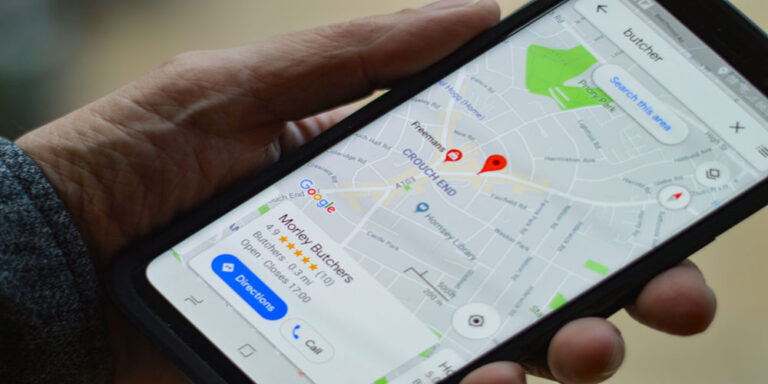
Understanding the Importance of Digital Marketing in a Traditional Marketing Strategy
In today’s technology-driven world, businesses must adapt their marketing strategies to stay relevant and competitive. While traditional marketing methods like television, radio, and print advertising still have their place, the digital landscape has become an essential component of any successful marketing campaign. Here’s why understanding digital marketing is crucial for a comprehensive traditional marketing strategy:
Reach a Wider Audience: With billions of people using the internet daily, digital marketing allows you to reach a vast and diverse audience. Unlike traditional media, which often has geographic limitations, digital channels enable you to connect with potential customers worldwide. Social media, email marketing, and online advertising can help extend your brand’s reach beyond borders and time sones.
Cost-Effectiveness: Traditional marketing methods can be costly, especially for smaller businesses with limited budgets. Digital marketing, on the other hand, offers cost-effective options such as pay-per-click (PPC) advertising, social media marketing, and content creation. These strategies allow you to allocate your resources more efficiently while still achieving significant results.
Data-Driven Insights: One of the most powerful aspects of digital marketing is the availability of data and analytics. You can track and measure various metrics to understand your campaigns’ performance, audience behavior, and conversion rates. These insights enable you to make data-driven decisions, optimise your marketing efforts, and get the most out of your budget.
Personalisation and Targeting: Digital marketing tools provide the ability to personalise messages and target specific customer segments. Through demographic information, browsing behavior, and user preferences, you can create tailored marketing campaigns that resonate with individual customers. This level of personalisation enhances customer engagement and boosts brand loyalty.
Real-Time Engagement: Unlike traditional marketing, which often requires weeks or months to generate a response, digital marketing facilitates real-time engagement with your audience. Social media platforms, email campaigns, and chat support enable immediate communication, fostering better customer relationships and quick issue resolution.
Integration with Traditional Channels: Digital marketing doesn’t replace traditional marketing; instead, it complements it. Integrating digital strategies with your traditional marketing efforts can reinforce your brand message, increase brand awareness, and amplify the impact of your campaigns.
Understanding the role of digital marketing in a traditional marketing strategy is essential for businesses aiming to thrive in the modern marketplace. Embracing digital tools and techniques empowers companies to connect with a broader audience, optimise marketing spending, and create more personalised and engaging customer experiences.







